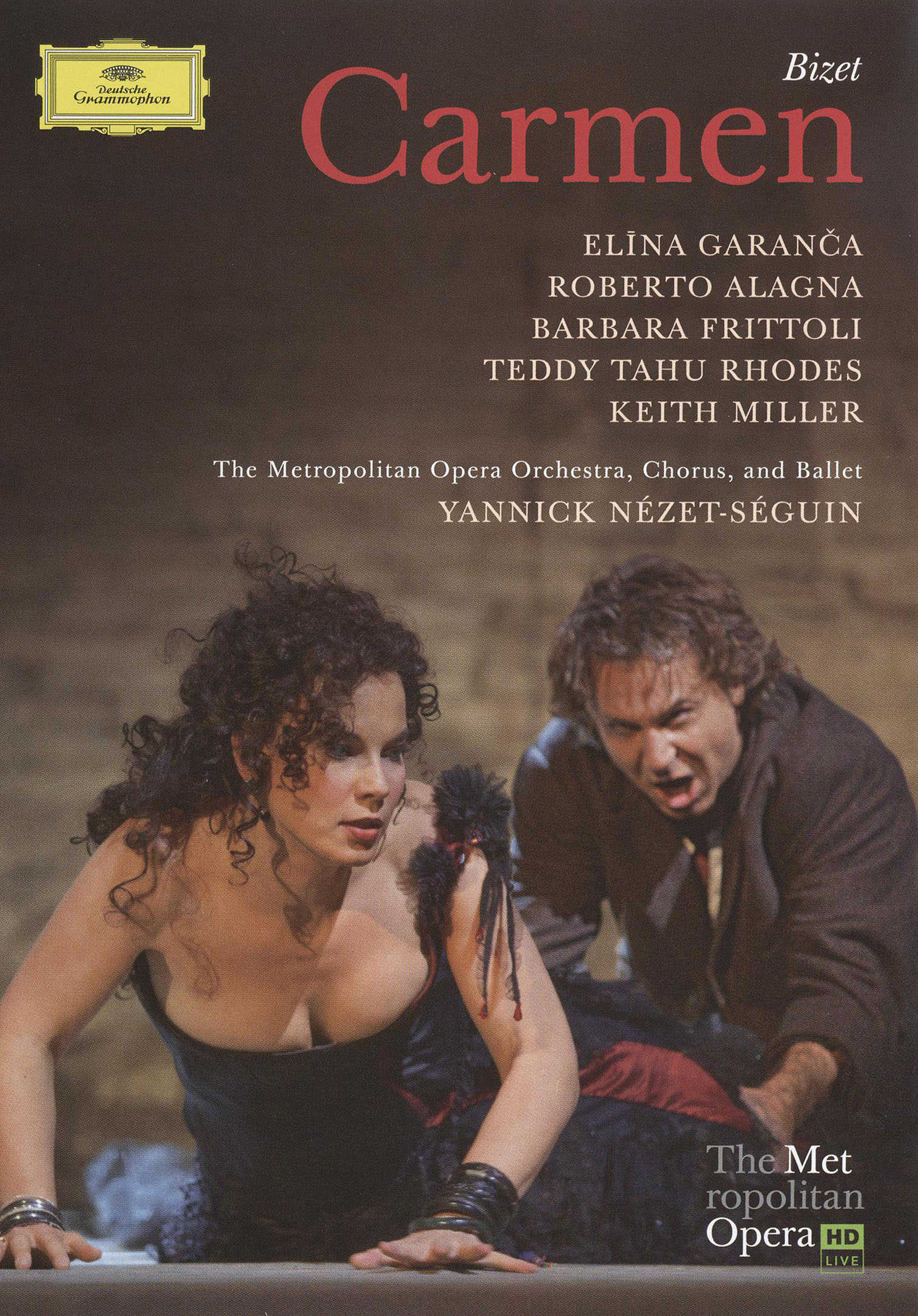
The opera is based on Part III of the story and omits many elements, such as Carmen's husband.

According to Henri Martineau, editor of a collection of Mérimée's fiction, the etymologies at the end are "extremely suspect". This part consists of scholarly remarks on the Romani: their appearance, their customs, their conjectured history, and their language. Don José ends his tale by saying that the Romani are to blame for the way they raised Carmen. He stabbed her to death and then turned himself in. She said that she knew from omens that he was fated to kill her, but "Carmen will always be free," and as she now hated herself for having loved him, she would never give in to him. José, mad with jealousy, begged her to forsake other men and live with him they could start an honest life in America. However, she told him she loved him less than before, and she became attracted to a successful young picador named Lucas. After her husband joined the band, José provoked a knife fight with him and killed him.

With the outlaws, he progressed from smuggling to robbery, and was sometimes with Carmen but suffered from jealousy as she used her attractions to further the band's enterprises he also learned that she was married. In the ensuing fight, José killed the lieutenant. He looked for her at the house of one of her Romani friends, but she entered with his lieutenant. She convinced him by speaking Basque that she was half Basque, and he let her go, for which he was imprisoned for a month and demoted.Īfter his release, he encountered her again and she repaid him with a day of bliss, followed by another when he allowed her fellow smugglers to pass his post. A few hours later, he arrested her for cutting "x"s in a co-worker's face in a quarrel. As he alone in his unit ignored her, she teased him. One day he met Carmen, then working in the cigar factory he was guarding. Statue of Carmen on the Paseo Alcalde Marqués de Contadero, Seville The guide tells the author that the man is the robber known as Don José Navarro and leaves to turn him in, but the author warns Don José, who escapes. They stay in the same primitive inn that night. Instead of fleeing, the author befriends the man by sharing cigars and food. While searching for the site of the Battle of Munda in a lonely spot in Andalusia, the author meets a man who his guide hints is a dangerous robber. (Every woman turns sour/Twice she has her hour/One is in bed/The other is dead).įor readers of Ancient Greek, this set the theme of the tale: a ferocious woman, sex, and death. The work is prefaced by an untranslated quotation from the poet Palladas: Mérimée tells the story as if it had really happened to him on his trip to Spain in 1830.

Only the first three appeared in the original publication in the October 1, 1845, issue of the Revue des deux Mondes (Review of the Two Worlds) the fourth first appeared in the book publication in 1846.


 0 kommentar(er)
0 kommentar(er)
